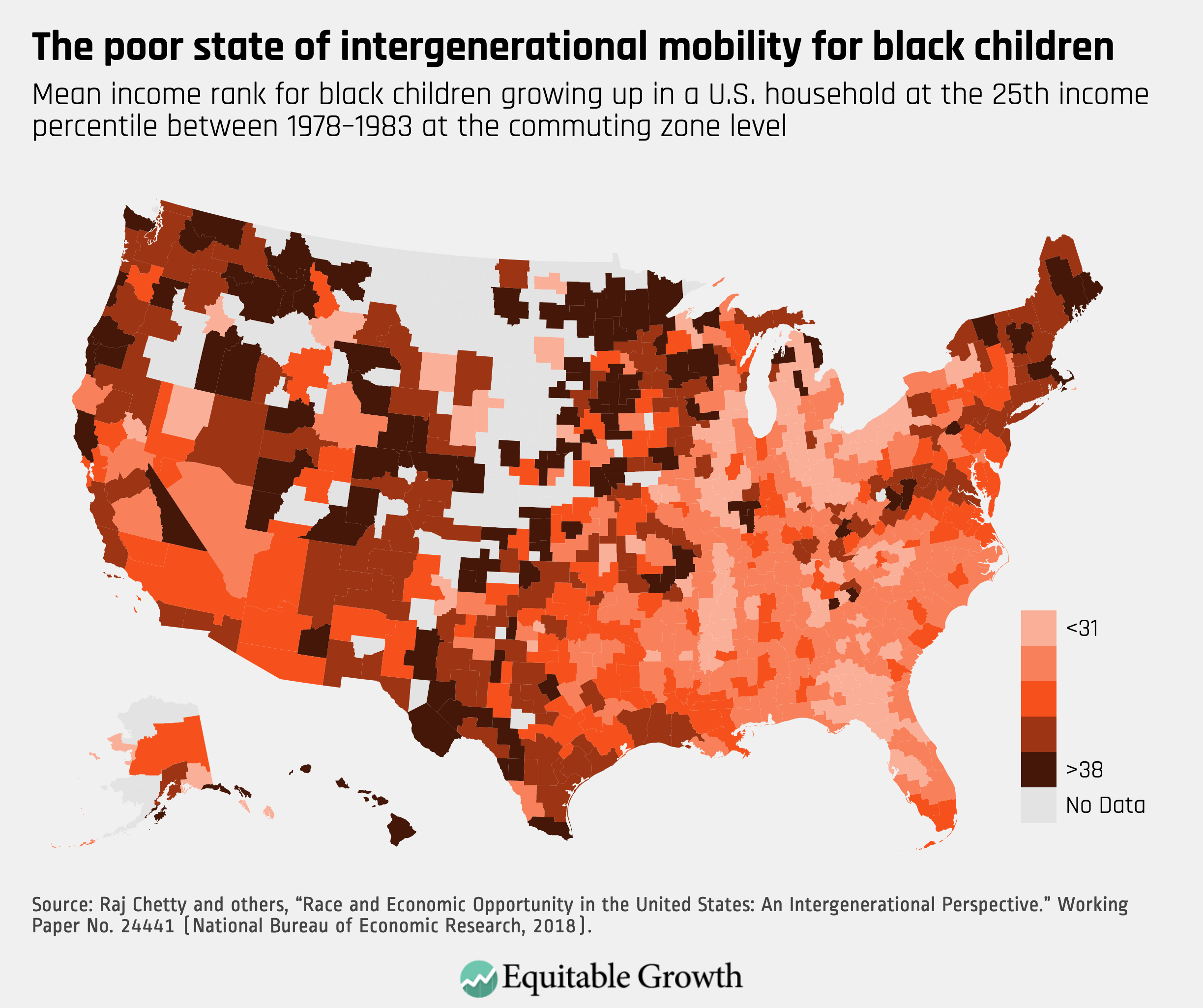In sociology social mobility refers to a persons ability to move up down or over on the social hierarchy. Social Mobility is the movement of individuals families households or other categories of people within or between social strata in a society.

Defining Geographical Mobility Perspectives From Higher Education Sciencedirect
Geographical mobility with particular emphasis on employer-initiated relocation.

What does geographic mobility mean in sociology. Geographical mobility is affected by things such as family ties transport networks transferable qualifications and common language. Commonly used in demography and human geography it may also be used to describe the movement of animals between populations. Upward mobility refers to an increaseor upward shiftwhen they move from a lower to a higher socioeconomical class.
GEOGRAPHIC MOBILITY AND RESIDENTIAL INSTABILITY A childs ability to thrive can be greatly enhanced by stable and familiar surroundings. It refers to the movement of an occupational group itself or of an individual member of an occupation or of an occupational vacancy through the stratification system of social space. Geographical mobility ie migration commuting traveling and living abroad is considered a different topic.
Stability and familiarity breed opportunities to master developmental tasks and to develop secure relationships. In revolution an entire class structure is altered but social mobility may come about through slower more subtle changes such as the movement from a. It is a change in social status relative to ones current social location within a given society.
This does not mean that historians are not aware of the strong influence of geographical mobility on social mobility. It stands in contrast to horizontal mobility which is the movement from one position within a social status. It is hoped that the results from this research will add to the understanding of the impacts on families of geographical mobility and so will help to guide future policies.
Social mobility is the moving of individuals families or groups up or down the social ladder in a society such as moving from low-income to middle class. Were examining the inter-related processes of social and geographical mobility. People of lower caste or class may provide facilities to their children to get higher education training and skills.
In contrast individuals experience downward mobility when they move from higher socioeconomic class to a lower one. Social mobility refers to the ability to change positions within a social stratification system. Some people move downward because of business.
Individuals can experience upward or downward social mobility for a variety of reasons. It is influenced by numerous factors such as workers fleeing from weak job markets in. This type of mobility means that one generation changes its social status in contrast to preceding generation.
Geographic mobility population mobility or more simply mobility is also a statistic that measures migration within a population. The ability of labour to move around an area region or country in order to work. The term geographic mobility refers to the reallocation of economic resources.
However this mobility may be upward or downward eg. Geographical mobility families can move to where the work is Social mobility or meritocracy. Social mobility is the movement of individuals families households or other categories of people within or between social strata in a society.
Social mobility is often used to describe changes in wealth but it can also be used to describe general social standing or education. Individuals can experience upward or downward social mobility for a. Social and geographical mobility.
Moreover the research on social mobility focuses on mobility in social hierarchies rather than on spatial mobility. Social mobility movement of individuals families or groups through a system of social hierarchy or stratification. Occupational mobility Often wrongly called social mobility 1.
It is in the interests of employers and employees that the costs and benefits of. This movement occurs between layers or tiers in an open system of social stratificationOpen stratification systems are those in which at least some. Updated November 30 2019.
Social mobility is any change in social position. Geographic mobility is the measure of how populations and goods move over time. Vertical mobility is the movement from one social status to a different social status.
A range of data types are being used to build an understanding of processes of intergenerational and intragenerational social mobility and whether they operate in a different manner for different ethnic groups how these relate to gender to geography and how this has changed over time. When it comes to upward social mobility successfully changing social position depends. Parsons argues that individual status in pre-industrial society was ascribed you were born into a particular status whereas in industrial society people could achieve a new status through hard work.
It is a change in social status relative to ones current social location within a given society. When people improve or diminish their economic status in a way that affects social class they experience social mobility.

Vertical Mobility In Sociology Definition Concept Video Lesson Transcript Study Com

Dimensions Of Transport Geography The Geography Of Transport Systems

Geographic Mobility An Overview Sciencedirect Topics

Social Mobility Crash Course Sociology 26 Youtube

Race And The Lack Of Intergenerational Economic Mobility In The United States Equitable Growth
0 Response to "17+ What Does Geographic Mobility Mean In Sociology"
Posting Komentar